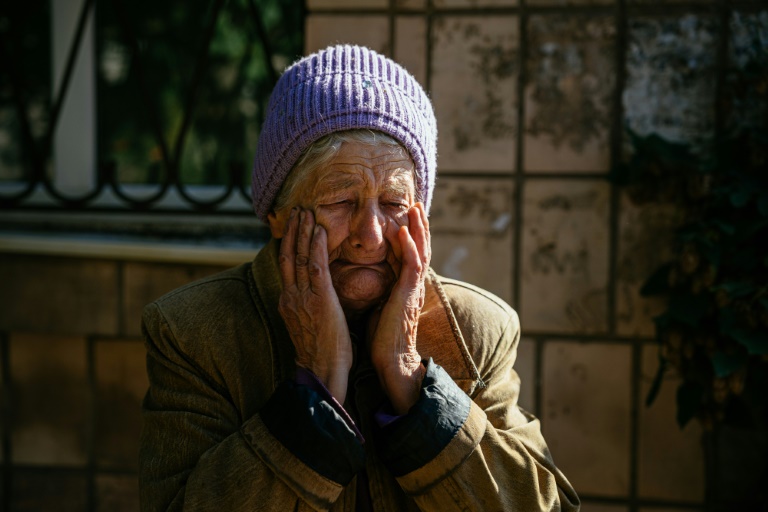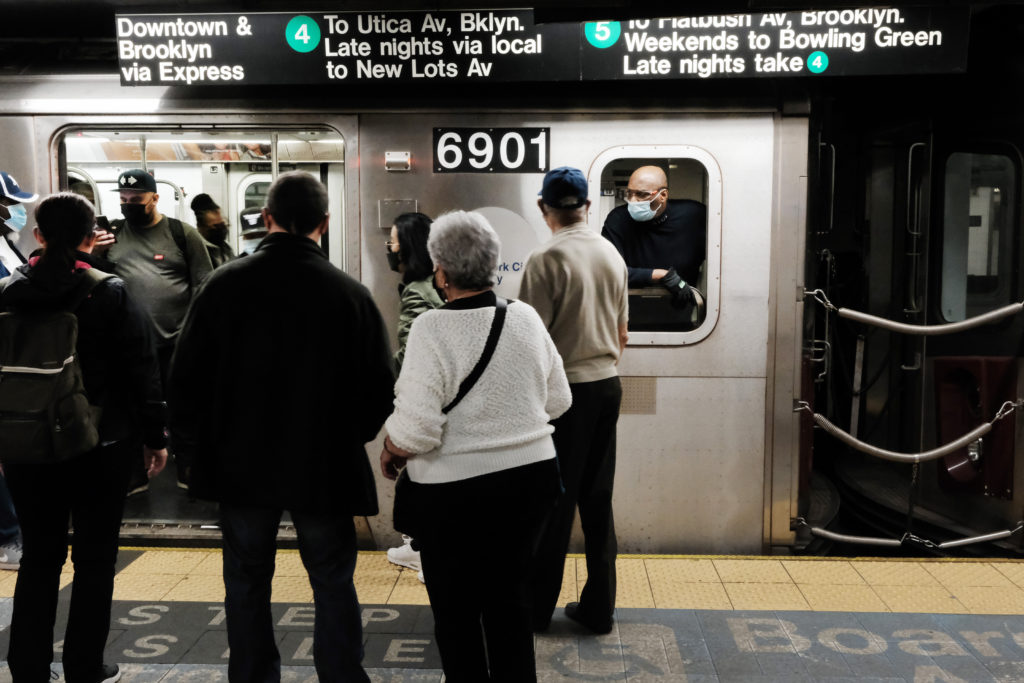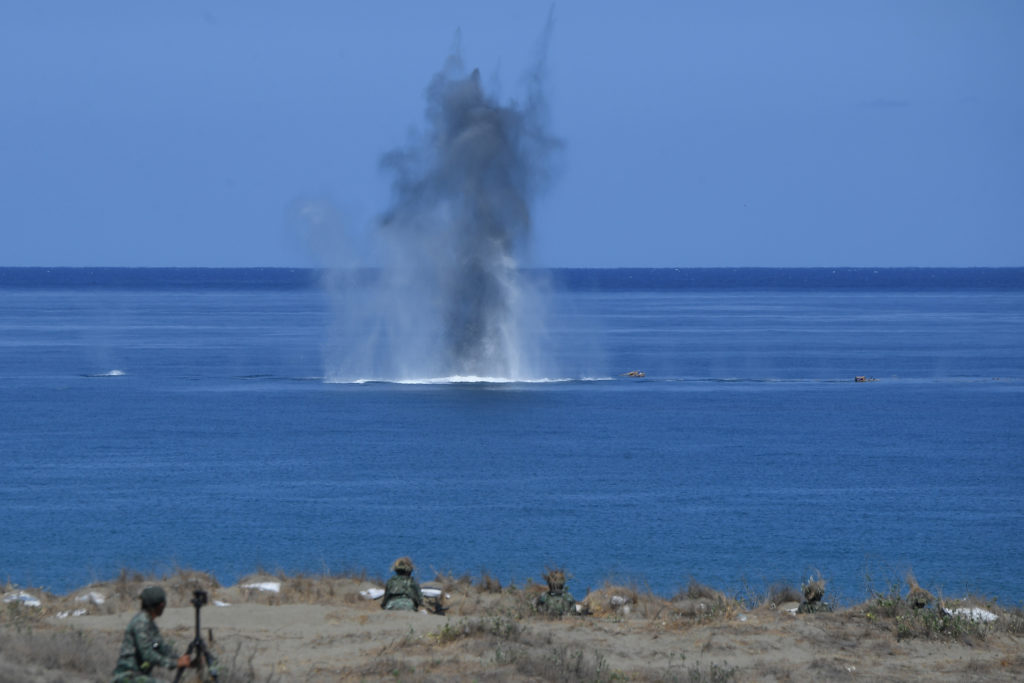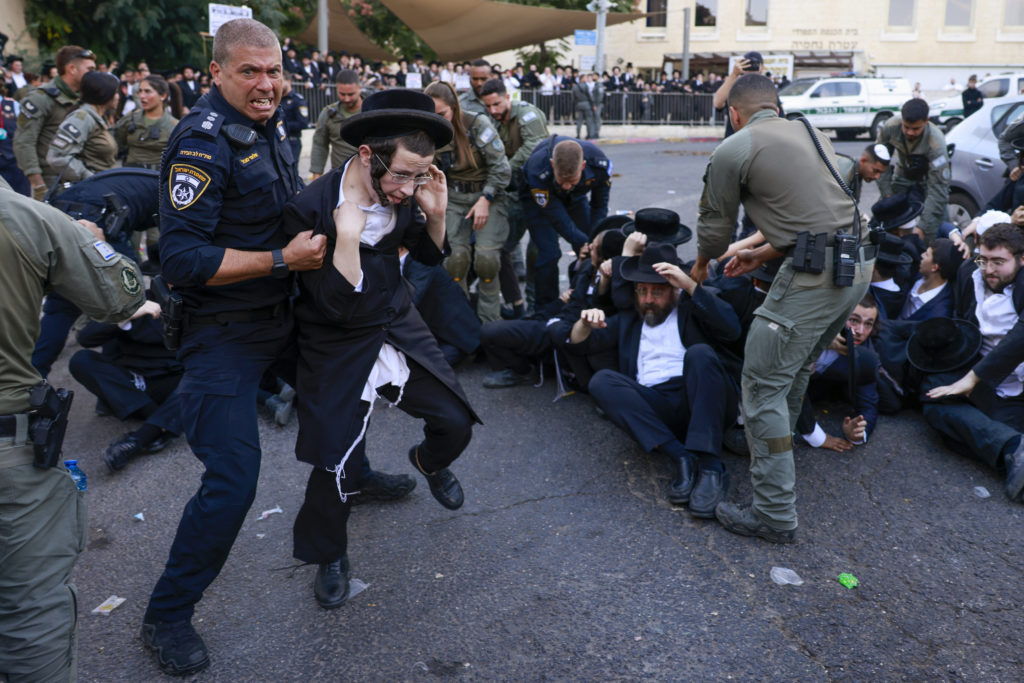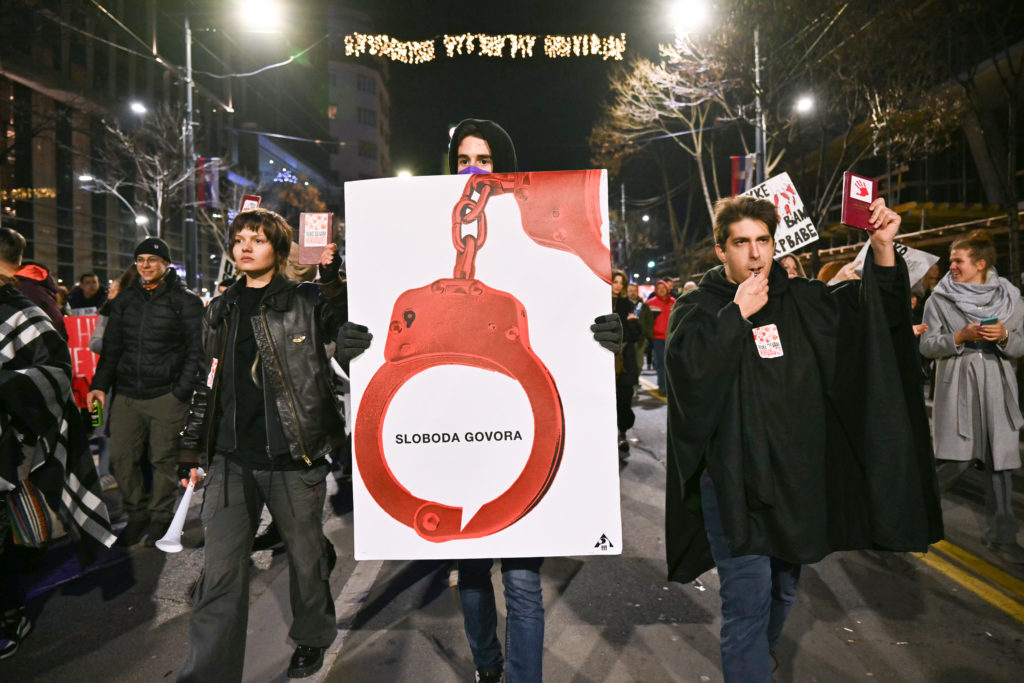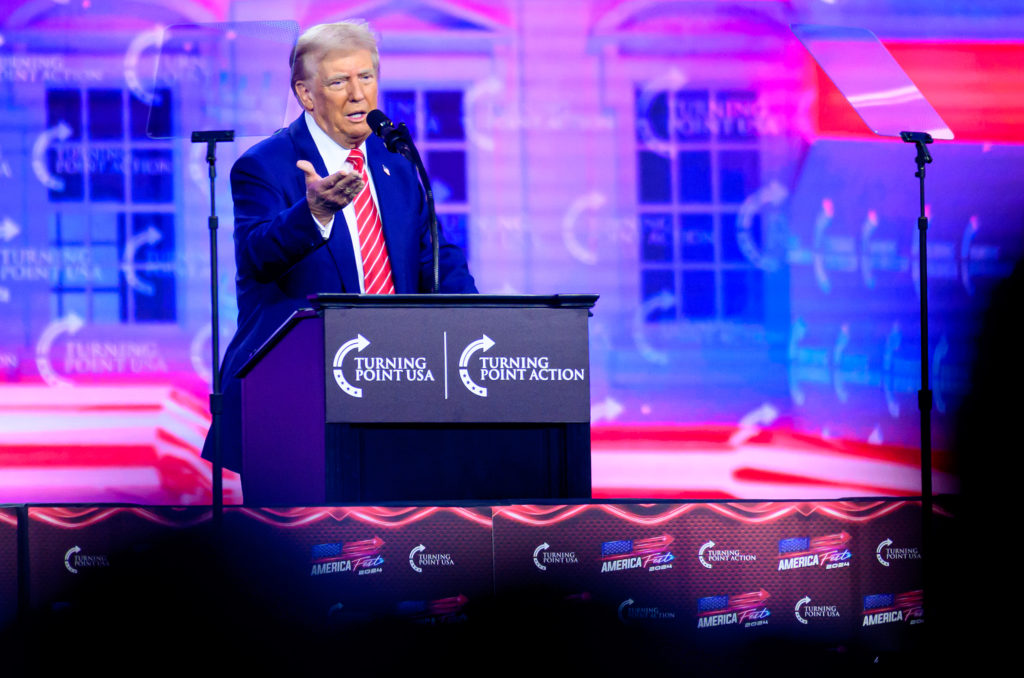In the eastern city of Bakhmut, the few remaining residents stock up on food and clothes for the winter to the sounds of artillery
Patriotic messages stating the fact that “Bakhmut is Ukraine” are scrawled on monuments all around this frontline city.
But not everybody agrees that it should be so.
The subject is up for debate at the local market, where the city’s few remaining residents stock up on food and clothes for the winter to the sounds of artillery.
One shopper, Yulia, said she believed Ukrainian forces bombed cities that were about to be captured by Russia — repeating a conspiracy theory popular on social media.
“I don’t understand why Ukraine is destroying cities,” said the 46-year-old, who declined to give her surname saying that she was afraid of reprisals for her views.
“I’ve heard that Ukraine is doing this to itself to ensure that Russia does not get anything,” said Yulia, leaving the market as the bombing came closer and closer.
She recognised that Russia was responsible for the assault on her country but said it was up to the Ukrainians now to lay down their arms in order to bring peace.
Bakhmut is located in eastern Ukraine’s industrial Donbas region, where Russia-backed rebels started a conflict in 2014 and loyalties are often very divided.
Social media groups created by local residents in Bakhmut, which had 70,000 residents before the war, contain posts that criticise the Ukrainian army’s actions but stop short of actively supporting Russia.
– ‘Wrong side of the line’ –
In the nearby city of Kramatorsk, the main Telegram group used by local residents — “I Love Kramatorsk” — messages praising Russian strikes on Kyiv can get hundreds of likes as well as dozens of negative comments.
Selling cakes from a stall, Lesya, 46, said that before the war began she had a flourishing textile business with 16 employees — some of whom were “separatists”.
“Some of them escaped to Russia thinking they will be able to come back here afterwards” if Bakhmut falls, she said, adding that they had been “drugged” by Russian state propaganda.
“Me, I’m a normal Ukrainian with a son in the Ukrainian army,” said Lesya.
“But for them I’m a Banderovka” — a reference to Ukrainian nationalist hero Stepan Bandera, who fought alongside the Nazis against the Soviet Union in World War II.
Some inhabitants of Donbas accept or support the idea of Moscow gaining control in the hope of ending the conflict or because of family ties in Russia or because they identify with President Vladimir Putin’s rhetoric about a “Russian world”.
In a devastated part of Bakhmut, where many buildings are gutted, neighbours go and charge their phones in a shop run by Oksana and Oleksandr where there is a generator.
One day, as the artillery battle between Russian and Ukrainian forces raged outside, the couple sat watching a Soviet-era film called “Mimino” with two friends from the Russian-held city of Donetsk — 100 kilometres (62 miles) to the south.
“For me the question is not to know whether I’m on the wrong side of the line or not,” Oksana said.
“It’s the Ukrainian army that is on the wrong side of the line. We did not ask them for anything and we certainly did not ask them to come and defend us.”

